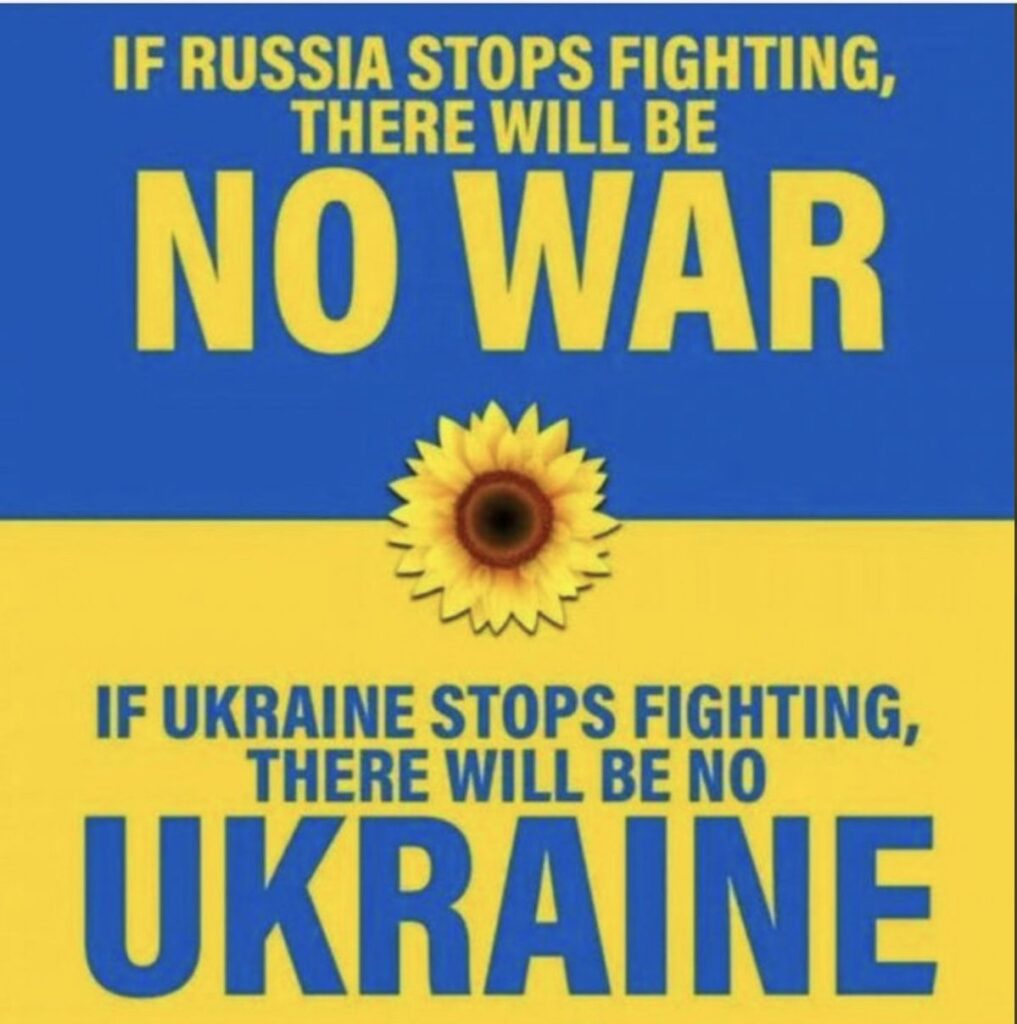
Volodymyr Zelenskyy on X August 18, 2025:
I have already arrived in Washington, tomorrow I am meeting with President Trump. Tomorrow, we are also speaking with European leaders. I am grateful to @POTUS for the invitation. We all share a strong desire to end this war quickly and reliably. And peace must be lasting. Not like it was years ago, when Ukraine was forced to give up Crimea and part of our East—part of Donbas—and Putin simply used it as a springboard for a new attack.
Or when Ukraine was given so called “security guarantees” in 1994, but they didn’t work.
Of course, Crimea should not have been given up then, just as Ukrainians did not give up Kyiv, Odesa, or Kharkiv after 2022. Ukrainians are fighting for their land, for their independence. Now, our soldiers have successes in Donetsk and Sumy regions. I am confident that we will defend Ukraine, effectively guarantee security, and that our people will always be grateful to President Trump, everyone in America, and every partner and ally for their support and invaluable assistance. Russia must end this war, which it itself started. And I hope that our joint strength with America, with our European friends, will force Russia into a real peace. Thank you!
First published on Bergensia on June 30, 2025Rubio literally ditched a decade of his own beliefs just to shield Trump’s ego when the talks failed.
— CALL TO ACTIVISM (@CalltoActivism) August 17, 2025
Today he’s on every network saying Ukraine is “not our war.” Here’s Rubio saying the U.S. promised Ukraine protection forever if they gave up their nukes. Blast this to space: https://t.co/DdOkCxFpiK pic.twitter.com/o6rlDhrbCa

This week, the U.S. State Department and the White House have deleted all references to this agreement from their websites.
by Roman Sheremeta, from LinkedIn
What Happened to the Budapest Memorandum?
In 1994, under U.S. pressure, Ukraine gave up the world’s third-largest nuclear arsenal. Over 1,000 cruise missiles. A fleet of strategic bombers. All dismantled — with U.S. assistance — in exchange for security assurances from the U.S., the UK, and Russia.
This agreement was called the Budapest Memorandum.
This week, the U.S. State Department and the White House have deleted all references to this agreement from their websites.
Let that sink in.
Russia has not just violated the Memorandum — it has weaponized the very missiles Ukraine gave up. Missiles once meant to deter aggression are now used against Ukrainian cities.
And while the U.S. and UK did not invade Ukraine, they made a promise — not just a moral one, but a strategic and legal commitment. As Steven Pifer, one of the U.S. negotiators of the Memorandum, stated: “There is an obligation on the United States that flows from the Budapest Memorandum to provide assistance to Ukraine, and […] that would include lethal military assistance.”
Instead, since Trump’s return to power, U.S. support has dried up. Aid has been frozen. Military shipments stopped. Sanctions lifted. And now, as if to bury the memory of that promise, even the record of the Budapest Memorandum is being erased.
If a great power can persuade a weaker state to disarm, and then abandon it, what lesson does that send to the rest of the world?
It’s simple: never disarm. Never trust. Never believe Western security guarantees.

First published on February 24, 2025
Russia first broke its commitments under the Budapest Memorandum in 2014, with its annexation of Crimea and aggression in eastern Ukraine. Russia again broke the agreement on February 24. 2022 with their “special operation,” which consisted of a full invasion of Ukraine.
The agreement signed by the US in 1994 prohibits explicit economic coercion against Ukraine.
— Igor Sushko (@igorsushko) February 22, 2025

Ukraine should not give mineral rights to the U.S. for military aid.
The U.S. already agreed to provide military assistance to Ukraine to maintain the sovereignty of Ukraine’s 1991 borders under Annex II to the Budapest Memorandum. This was in exchange for Ukraine giving up the world’s third nuclear arsenal. Because the U.S. did not honor this agreement, Russia was able to illegally invade and occupy parts of Ukraine. So now Ukraine is going to give up mineral rights to the U.S. to get what it was already promised for giving up its nukes? What makes you think the U.S. will honor any agreement? Lastly, the U.S. profits from the war in Ukraine. There was a huge boost in foreign military sales by the U.S. since the full scale invasion that more than compensates for what the US has provided in military assistance to Ukraine.
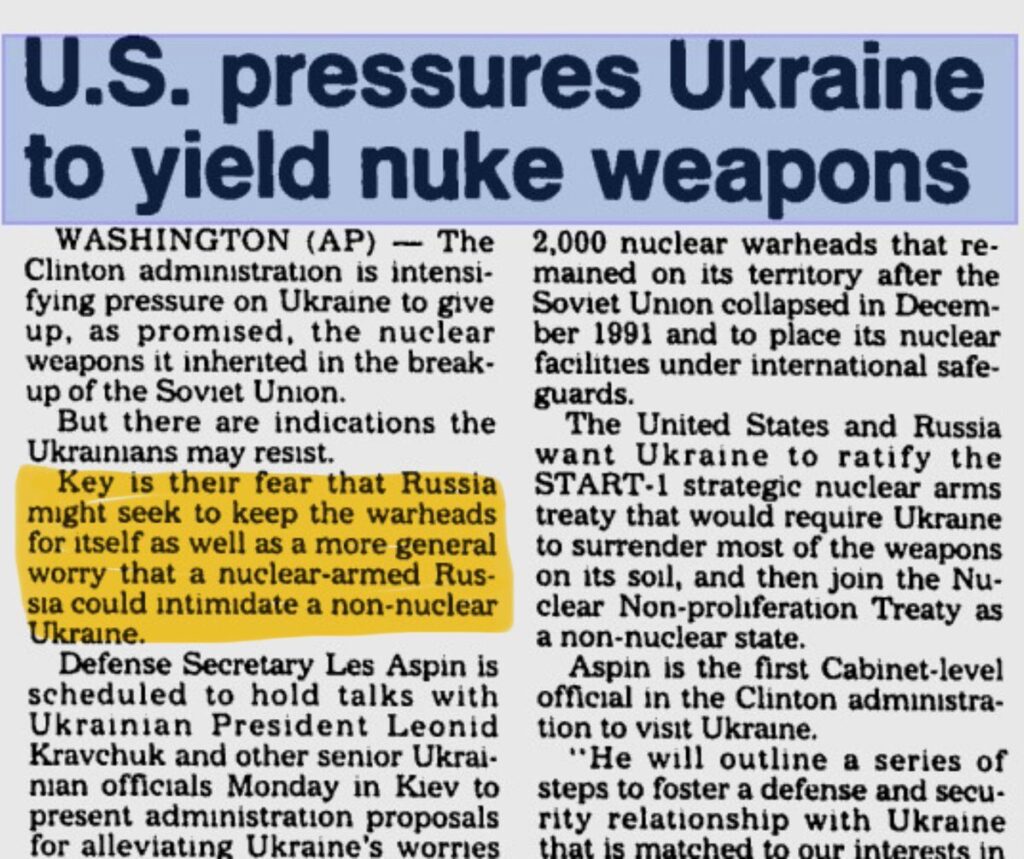
The Conversation: In 2022 Putin’s decision to invade was in direct violation of the Budapest Memorandum, a key instrument assuring Ukraine’s sovereignty and territorial integrity. The memorandum was struck in 1994, following lengthy and complicated negotiations involving the then Russian president Boris Yeltsin, Ukrainian president Leonid Kuchma, US president Bill Clinton and the then British prime minister John Major.
Under the terms of the memorandum, Ukraine agreed to relinquish its nuclear arsenal – the world’s third-largest, inherited from the collapsed Soviet Union – and transfer all nuclear warheads to Russia for decommissioning. This enabled Ukraine to join the Nuclear Nonproliferation Treaty (NPT) as a non-nuclear state.
The NPT is a legally-binding instrument that recognises only five countries as legitimate holders of nuclear weapons: China, France, Russia, the UK and the US. All other countries are banned from developing a nuclear arsenal and those that have, including India, Pakistan, Israel and North Korea, are not parties to the NPT.
In exchange for giving up its nuclear arsenal, Ukraine initially sought legally binding guarantees from the US that it would intervene should Ukraine’s sovereignty be breached. But when it became clear that the US was not willing to go that far, Ukraine agreed to somewhat weaker – but nevertheless significant – politically binding security assurances to respect its independence and sovereignty which guaranteed its existing borders. China and France subsequently extended similar assurances to Ukraine, but did not sign the Budapest Memorandum.
The Budapest Memorandum consists of a series of political assurances whereby the signatory states commit to “respect the independence and sovereignty and the existing borders of Ukraine”. But the meaning of the security assurances was deliberately left ambiguous. According to a former US diplomat who participated in the talks, Steven Pifer, it was understood that if there was a violation, there would be a response incumbent on the US and the UK. And while that response was not explicitly defined, Pifer notes that: “there is an obligation on the United States that flows from the Budapest Memorandum to provide assistance to Ukraine, and […] that would include lethal military assistance”.
The image of Ukraine being invaded by Russia despite its security assurances and being left largely to fend for itself in this conflict may trigger a resurgant interest in nuclear weapons. Some evidence of this has already begun to emerge, for instance in Japan, where the former prime minister Shinzo Abe argued that “Japan should break a longstanding taboo and hold an active debate on nuclear weapons – including a possible ‘nuclear-sharing’ programme.”
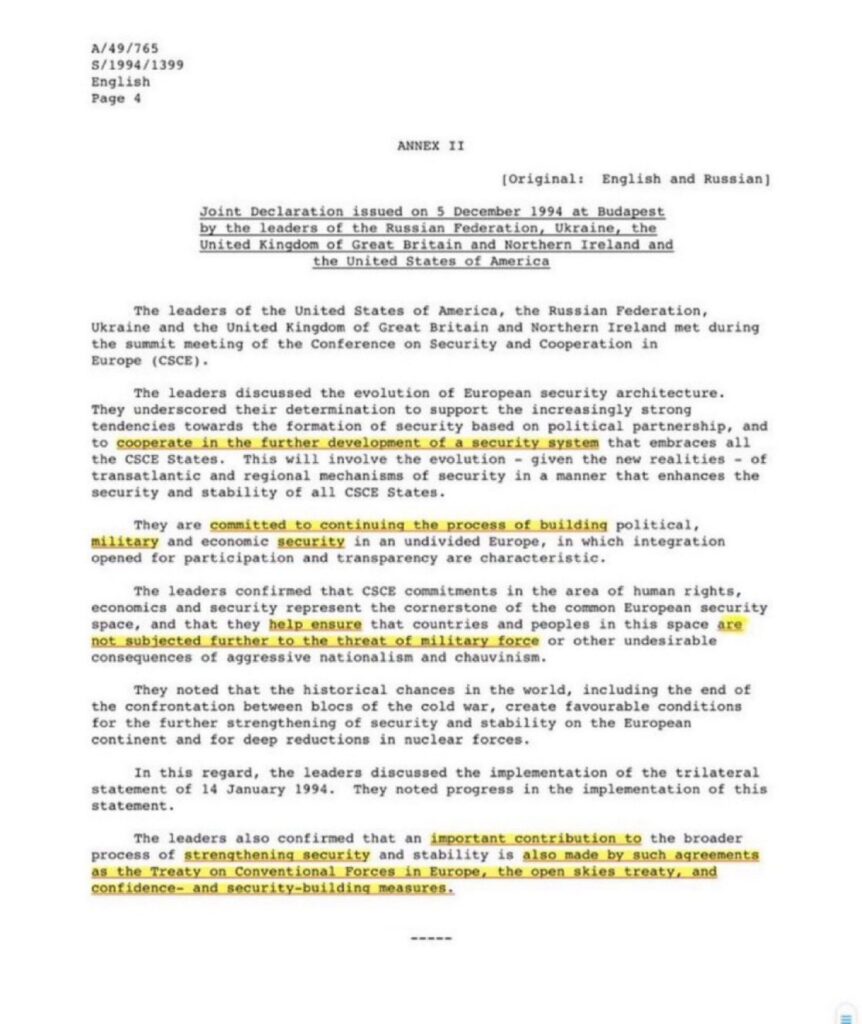
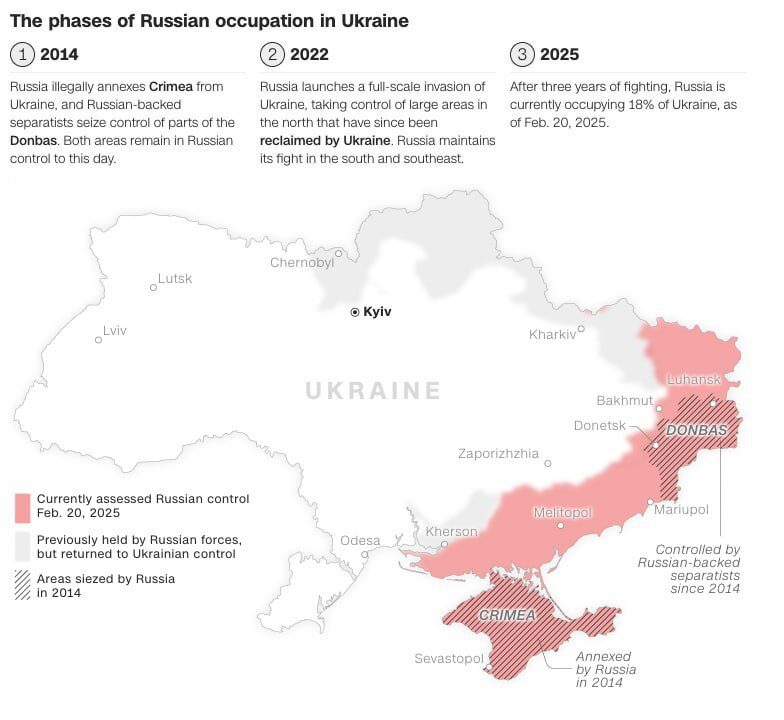
Over 10 million Ukrainians are still estimated to be displaced
At the end of 2024, there were an estimated 3.7 million internally displaced people in Ukraine, with a further 6.9 million Ukrainians seeking refuge and asylum outside the country. The number of people who are internally displaced has decreased by nearly 40% since the start of the war, with those seeking refuge elsewhere increasing by almost 19%.
Nearly 42.000 civilians have been killed or injured in Ukraine
More than 12.000 civilians have been killed and over 29.000 injured in the three years since Russia’s full invasion of Ukraine [the war has been going on since 2014].


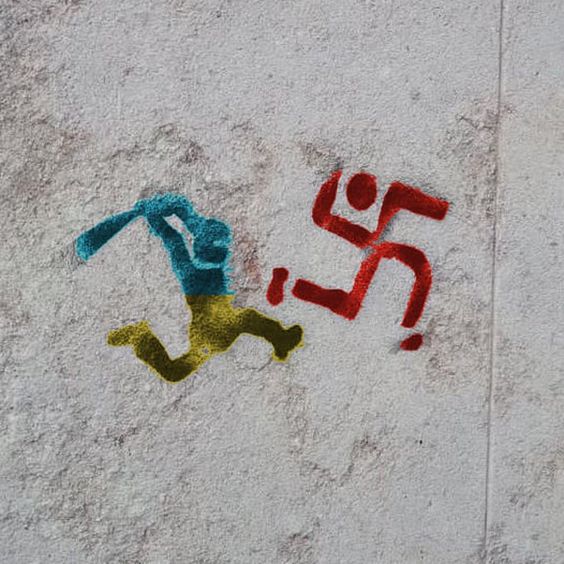

2 Comments
Pingback: A President just disrespected America in the Oval Office. It wasn't Zelensky - Bergensia
Pingback: NATO's Article 5 was invoked for the first (and only) time ever by the United States After 9/11, - Bergensia